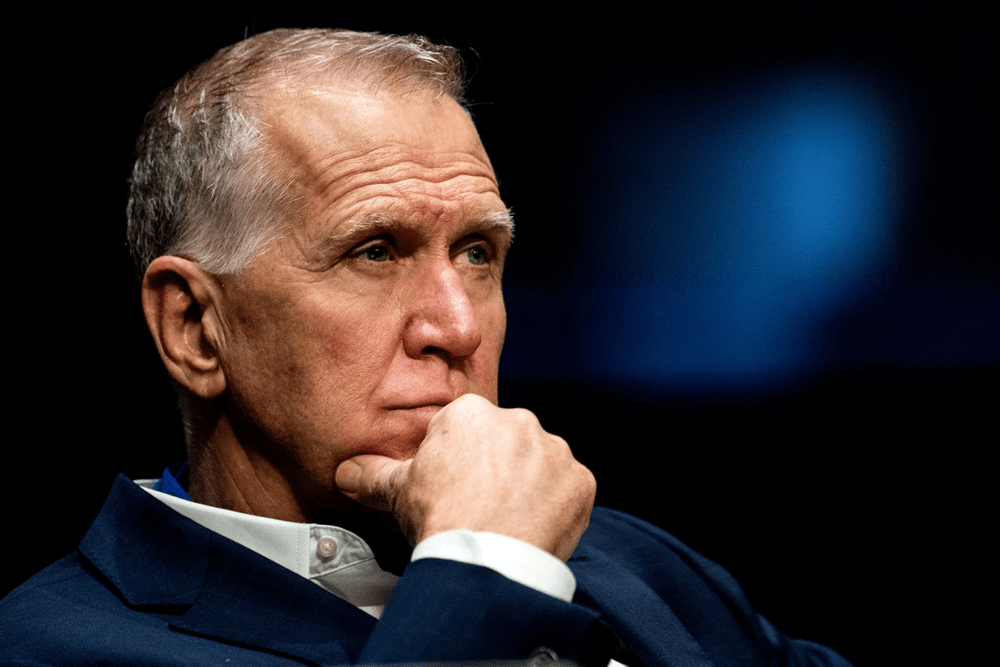Congress Sneaks Trio of Intellectual Property Bills Into Funding Omnibus, Plus Reactions, and Additional Copyright Changes
Congress included a trio of notable and hotly debated intellectual property measures in its multi-trillion-dollar spending and relief package that it passed this week. The intellectual property portion of the legislation includes the Protect Lawful Streaming Act, the Copyright Alternative in Small-C

Congress included a trio of notable and hotly debated intellectual property measures in its multi-trillion-dollar spending and relief package that it passed this week. The intellectual property portion of the legislation includes the Protect Lawful Streaming Act, the Copyright Alternative in Small-Claims Enforcement Act, and the Trademark Modernization Act.
Proponents of the CASE Act argue that the bill would make it easier for independent artists to bring about copyright claims without having to endure the lengthy and expensive federal courts process.
The bill will streamline copyright disputes by creating a small claims tribunal within the U.S. Copyright Office that will adjudicate small claims infringement cases. Critics of the bill argue that the CASE Act could fine ordinary internet users for engaging in everyday online behavior, such as sharing memes.
The Trademark Modernization Act allows third parties to request the Patent Office to reject trademark applications in an effort to combat “trademark trolls” who make money off of trademarks they never planned to use.
The Protecting Lawful Streaming Act, a provision included authored by Sen. Thom Tillis, R-North Carolina, would allow the Justice Department to charge businesses for felony copyright infringement if they intentionally stream copyrighted material online.
The law specifies that it doesn’t apply to people who use illegal streaming services or “individuals who access pirated streams or unwittingly stream unauthorized copies of copyrighted works.” Rather, it’s focused on “commercial, for-profit streaming piracy services” that make money from illegally streaming copyrighted material.
Reactions to the last-minute copyright inclusions
Changes to copyright law can be controversial, as small legislative changes can have massive impacts on the public’s ability to express themselves. Many viewed these changes being included in the stimulus funding bill a travesty.
“Shoehorning last-minute proposals that haven’t had a hearing into an end of the year spending bill is concerning both due to the controversial substance and the lack of due process,” wrote Arthur Sidney, vice president of public policy at the Computer & Communications Industry Association, in a recent statement.
Many expressed fear of the impacts that the legislation will have on speech, because of a lack of attention on studying the bill closely.
Critics of the CASE Act say the bill could have a chilling effect on free speech, as it creates a new small claims system that allows individual artists and designers to challenge copyright infringement without launching a federal case. “The CASE Act will supercharge copyright trolling exactly at a time when we need to fix the law to have less trolling,” wrote Mike Masnick, in an article for Techdirt.
Twitch streamers, YouTubers, and their subscribers have expressed fear that the Protecting Lawful Streaming Act may incriminate them; however, proponents of the bill say they’re more interested in tackling services dedicated to streaming pirated content.
“The felony streaming bill which was only just revealed last week, with no debate or discussion, includes provisions that are so confusing and vague no one is sure if it makes users of sites like Twitch into felons,” wrote Masnick.
However, some entertainment interests applauded the measure. “We applaud congressional approval of The Protect Lawful Streaming Act, bipartisan legislation that modernizes copyright law to protect video programming against unlawful online streaming,” said Michael Powell, CEO of the NCTA, the Internet and Television Association.
He said it was a “narrowly-tailored law [that] will target large scale criminal piracy, and will not affect legitimate internet service providers or ordinary internet users. It will provide prosecutors with a critical new tool to deter online criminal activity and protect the rights of cable programmers that stream their creative works online.”
According to Public Knowledge senior policy counsel Meredith Rose, the bill doesn’t appear to criminalize Twitch or Twitch streamers “who may include unlicensed works as part of their streams.”
“As a general matter, we do not see the need for further criminal penalties for copyright infringement,” said Rose, in a statement earlier this month. “However, this bill is narrowly tailored and avoids criminalizing users, who may do nothing more than click on a link, or upload a file. It also does not criminalize streamers who may include unlicensed works as part of their streams.”
Additional controversial copyright reform proposes changes to Digital Millennium Copyright Act
Relatedly, on Tuesday Tillis introduced a discussion draft of a further controversial copyright bill.
Among other sweeping changes to the Digital Millennium Copyright Act, the bill increases the role of federal agencies in regulating copyright, gives greater power to copyright holders to file small claims suits and also adds rules and penalties impacting how internet companies take down copyright infringement online
In a recent statement, CCIA criticized Tillis’ proposed reform, saying it “reads like a Christmas wish list for Hollywood and big content companies, and takes cues from contentious copyright reforms in Europe.”
“Industry works to provide new tools for greater compensation for creators and lawful alternatives for consumers,” said CCIA President Matt Schruers. “Unfortunately this discussion draft would not benefit individual creators and would impose notice and staydown provisions that are not just too severe but unconstitutional.”
“The U.S. leads the world in the technology and content sectors, in large part due to flexible regulatory proposals like the DMCA that have encouraged innovation and creativity online. We should not be abandoning important U.S. copyright precedent and contemplating controversial copyright proposals from the European Union,” said Schruers.
In the statement, CCIA says it looks forward to working with Senator Tillis’ office to address our serious substantive concerns.








